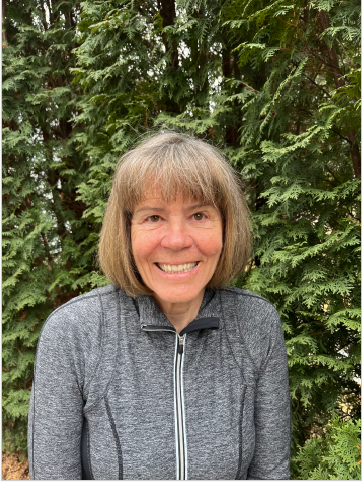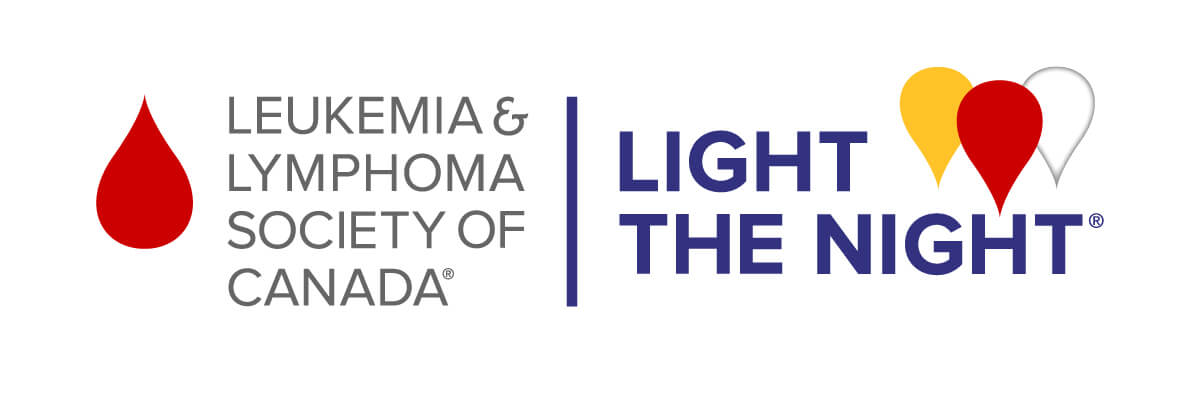
Kathy Krystofiak
Edmonton AB
Canada
On January 27, 2015, my life changed dramatically. After making many trips to doctors and after undergoing several biopsies it was revealed to me that I had follicular lymphoma.
I wasn’t surprised that I had something more serious going on, especially since I was extremely fatigued all the time and had a large lump on my neck. Receiving a cancer diagnosis was upsetting, but that initial feeling of dread turned to more helplessness once I found out that follicular lymphoma was incurable. The only treatments were those to move you along to remission, and then more treatments after you relapse. Around the time of my diagnosis, it appeared that the overall survival rate of follicular lymphoma was 10 years, and I learned that the timeline might not be greatly impacted with cancer therapy.
I sure wanted to live longer than 10 years. I was in the last phase of my teaching career and absolutely I loved it. Teaching was my calling. I taught Biology and Chemistry in a wonderful school community with awesome students, teachers and parents. I couldn’t have been luckier. But now I was faced with the thought of just 10 years left.
The next several years were filled with chemotherapy at the cancer clinic followed by days at home dealing with nausea and fatigue. You must believe I was grateful for the break from the treatments when I finally went into remission.
During remission, I kept researching about blood cancer, reading all the published updates. In part because I was a science teacher as well as a cancer patient, the scientific papers in the blood research journals were very interesting to me. As time passed, new drug developments and cutting-edge cancer treatments became increasingly frequent. Extended survival rates soon followed. I was ecstatic. Some patients were now living 20 years with follicular lymphoma. Wow! There was hope, even for those of us diagnosed with an incurable cancer.
It is now 8 years since my initial diagnosis and I have a rich and full life for which I am exceedingly grateful.
Adjusting to my new normal includes a permanently lowered white blood cell count which leaves me susceptible to infections. But for me, that is such a small price to pay for all the amazing medical support I received along the way.
And there have been other significant supports that have helped me, including the Leukemia & Lymphoma Society of Canada. This organization continues to be such a wealth of information for patients and families. Believe me, these supports sure can bolster your resolve in tough times. And most important to me is the Light The Night fundraiser because it contributes to blood cancer research. Without the research that leads to all these highly successful new treatment protocols I would not have the hope I have now, living with follicular lymphoma.
